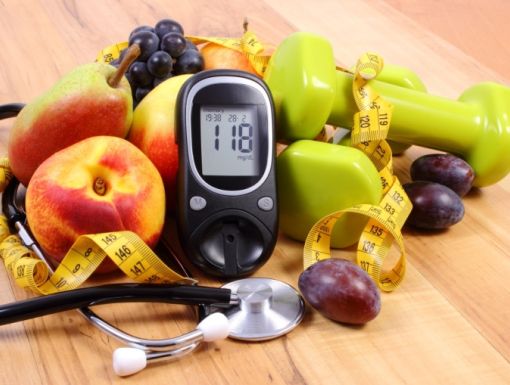
Five Facts on Chronic Kidney Disease
Chronic kidney disease (CKD), also known as chronic renal disease, occurs when you have kidney damage or a decrease in kidney function over a period of months or years. As CKD progresses, it eventually becomes life threatening, so it’s important to know the facts and talk to your doctor if you think you’re at risk.
1. What causes CKD?
The two main causes are diabetes and high blood pressure, which together account for at least 2/3 of the kidney disease diagnoses in the US. There are many other causes as well, but they are less common.
2. How do you know if you're at risk?
You are at risk if you have diabetes, high blood pressure, family history of kidney disease and/or obesity. Other risk factors include being over 50 years of age and taking long-term pain medications.
3. Can CKD be prevented?
Progression of damage to kidneys can be limited with control of blood pressure and blood sugar, taking the right medications and avoiding excessive weight gain.
4. What are the warning signs?
There are many warning signs of chronic kidney disease including fatigue, nausea, loss of appetite, swelling in legs, difficulty sleeping, swollen eyes in the morning, dry skin, passing less urine or darker urine, muscle cramps, short of breath and headaches. Be sure to tell your doctor if you are experiencing any of these symptoms.
5. What are the treatment options?
Most treatment options include medications, dietary modification, lifestyle modification, weight loss and avoidance of triggers or medications which could pose a risk to kidney function.
For more information on kidney care or to find a specialist please visit: https://www.ochsner.org/services/nephrology.


